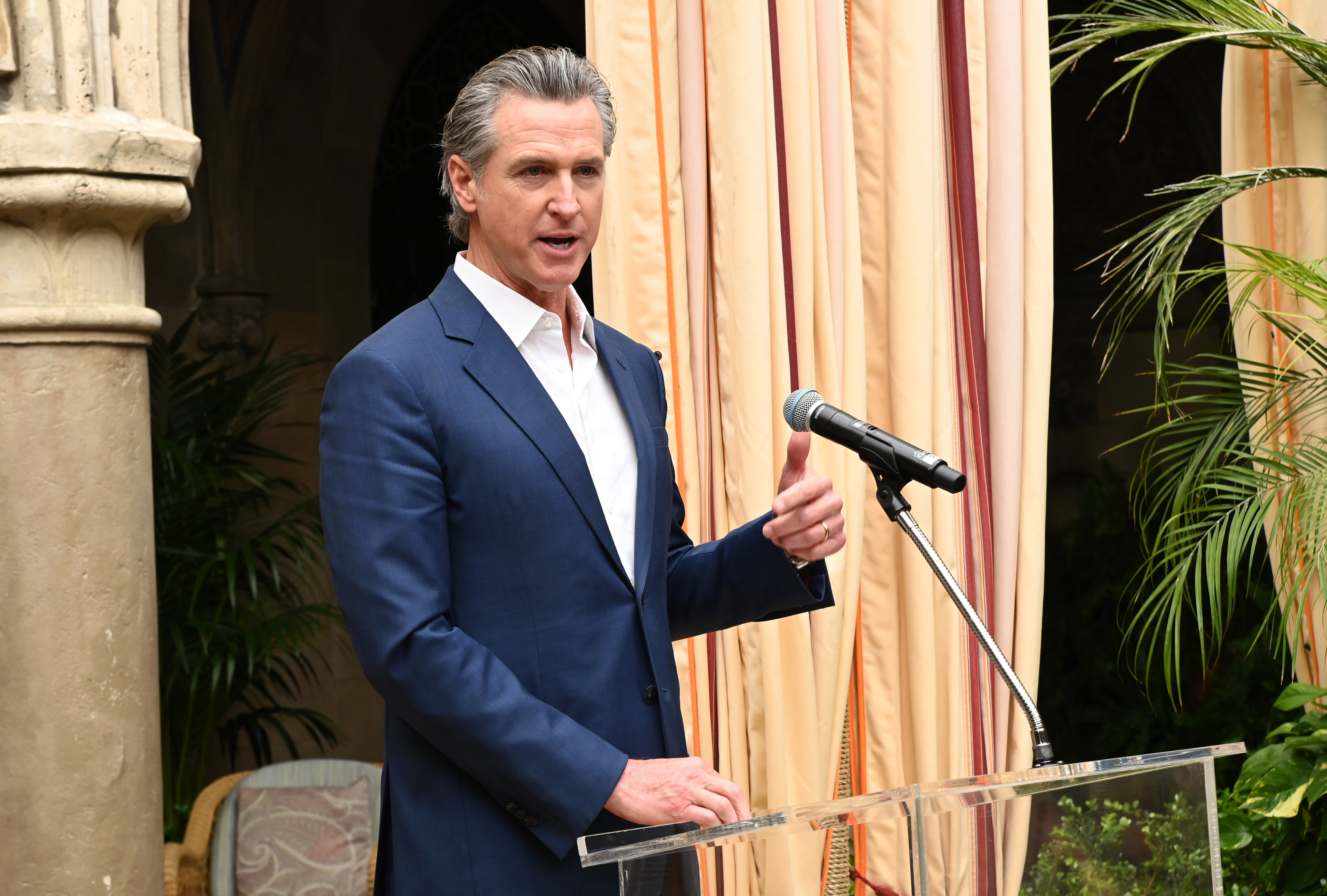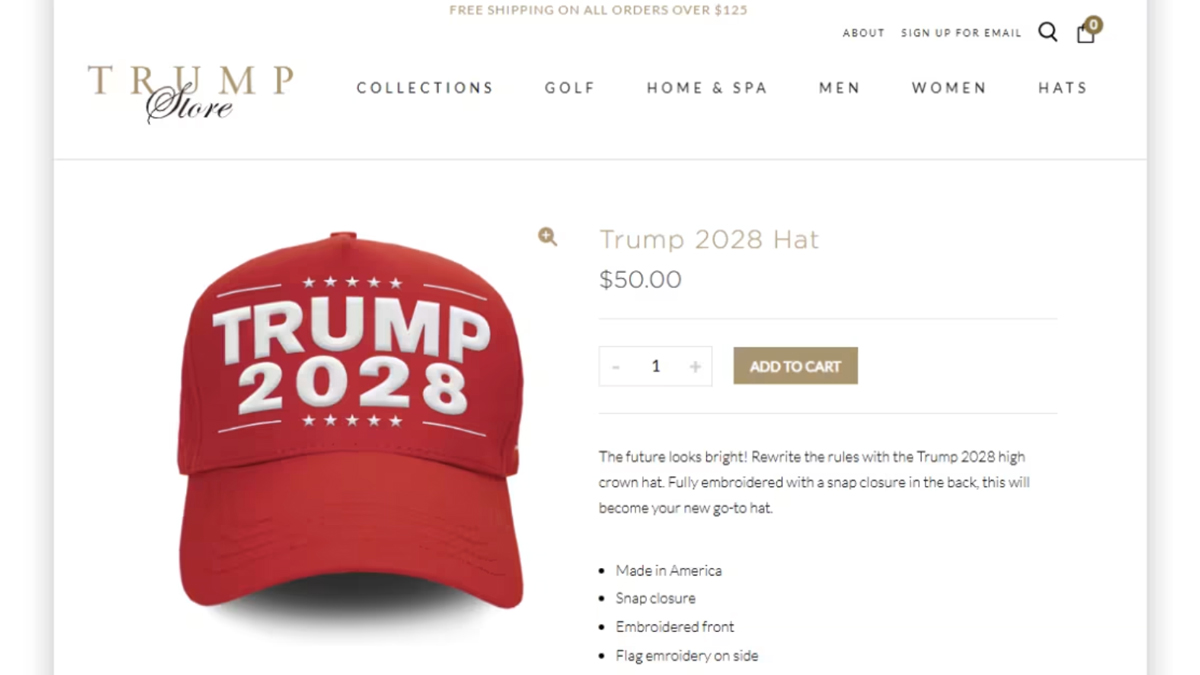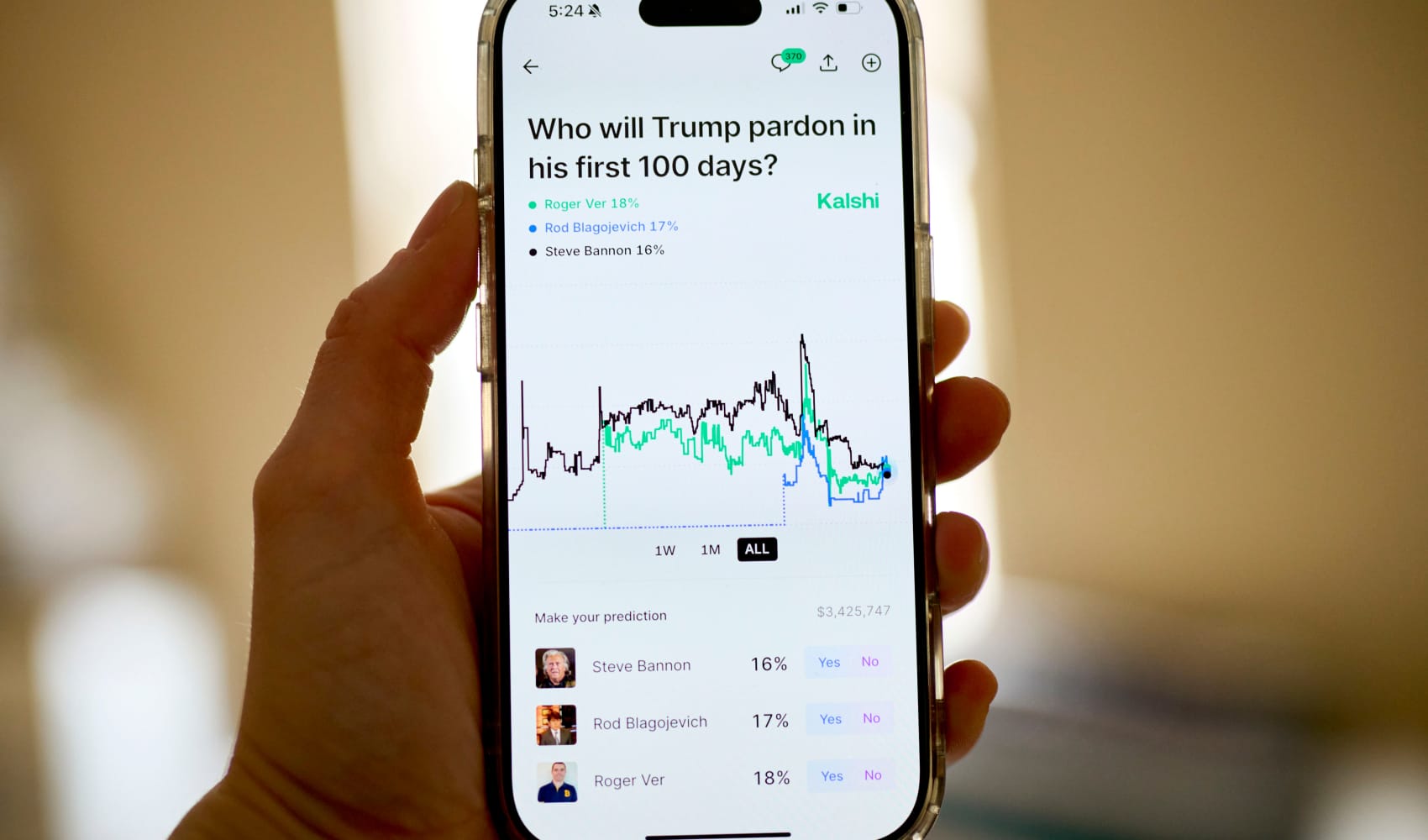Democrats: Ditch the "Savior" – Newsom's 2028 Warning!
Gavin Newsom's Bold Warning: Democrats, Ditch the "White Horse" Fantasy
The Wake-Up Call: Newsom's Blunt Message to Democrats
California Governor Gavin Newsom, often mentioned as a potential frontrunner for the 2028 Democratic presidential nomination, didn't mince words in a recent interview. "We are as dumb as we want to be," he declared, shaking up the usual political rhetoric. But what did he mean by this blunt assessment of his own party?
The "White Horse" Savior Myth: Why Democrats Need to Evolve
Newsom’s central argument is that Democrats have become overly reliant on the idea of a charismatic "savior" swooping in to solve all their problems. He believes this dependence on a single personality at the top of the ticket is hindering the party's ability to build a strong, sustainable platform. Think of it like this: are you going to invest all your hopes in a single lottery ticket, or build a diverse portfolio of investments?
A Platform, Not Just a Person: Building a Foundation for Success
Newsom emphasizes the importance of crafting a comprehensive platform that genuinely addresses the concerns and desires of voters. It's not just about finding the most eloquent speaker or the most charismatic personality; it's about developing concrete policies and strategies that resonate with the electorate. Are we building a house on sand, or are we laying a solid foundation?
Rebuilding from the Bottom Up: A Grassroots Revolution?
Newsom's call for the Democratic Party to "rebuild itself from the bottom up, not top down" suggests a shift in focus from national figureheads to local activism and community engagement. It's about empowering everyday citizens to become active participants in the political process. Imagine a garden blossoming from the ground up, rather than relying solely on a single, towering tree.
The Perils of Personality Politics: Are We Focusing on the Right Things?
Have we become too obsessed with the personalities of politicians? Are we more interested in their soundbites and social media presence than their actual policies? Newsom's critique forces us to question whether we are prioritizing substance over style.
Beyond Biden: The 2024 Landscape and the Future of the Democratic Party
While Joe Biden is the current president, the Democratic Party is already looking ahead. Who will lead the party in the future? And more importantly, what principles and values will guide them?
2028 and Beyond: Newsom's Potential Path to the Presidency
Newsom's name is frequently mentioned in discussions about the 2028 presidential election. His recent statements could be interpreted as both a critique of the party's current strategy and a subtle positioning for a future leadership role.
Criticism from the Left: Is Newsom Too Moderate?
Not everyone agrees with Newsom's approach. Some progressives have criticized him for being too moderate and for not embracing more radical policies. How can Newsom reconcile these different viewpoints within the Democratic Party?
The California Experiment: What Newsom's Policies Reveal About His Vision
Newsom's policies in California offer a glimpse into his potential vision for the country. From environmental initiatives to healthcare reform, his track record in California provides insights into his political priorities. What can we learn from the "California experiment?"
Fighting for What Voters Want: Understanding the Electorate's Needs
Newsom emphasizes the importance of understanding what voters actually want and then fighting for those priorities. It's not enough to simply tell people what they should want; it's crucial to listen to their concerns and address their needs. Are we truly hearing the voices of the American people?
The Role of Money in Politics: Can Democrats Compete Without Big Donors?
One of the biggest challenges facing the Democratic Party is the influence of money in politics. Can Democrats compete effectively against well-funded Republican campaigns without relying on large donations from wealthy individuals and corporations?
The Importance of Unity: Can Democrats Overcome Internal Divisions?
Internal divisions within the Democratic Party, particularly between progressives and moderates, can hinder its ability to achieve its goals. Can Democrats find common ground and unite behind a shared vision for the future?
Revitalizing the Party: A Call to Action for Democrats Nationwide
Newsom's message is a call to action for Democrats across the country. He is urging them to take a more proactive and strategic approach to building a stronger and more resilient party.
The Future of American Politics: Navigating a Divided Nation
American politics is deeply divided, and navigating this polarized landscape presents a significant challenge for both Democrats and Republicans. How can we bridge these divides and foster a more civil and productive political discourse?
Newsom's Gamble: Is He Right About the "White Horse" Problem?
Is Newsom's assessment of the Democratic Party accurate? Is the "white horse" savior mentality truly holding the party back? Only time will tell whether his critique will resonate with Democrats and inspire meaningful change.
Conclusion: The Road Ahead for Democrats
Gavin Newsom's call for Democrats to move beyond the "white horse" savior and rebuild from the bottom up is a provocative challenge. He believes the party needs to focus on building a strong platform that resonates with voters, rather than relying solely on the charisma of individual candidates. Whether his message is heeded remains to be seen, but it has certainly sparked a crucial conversation about the future of the Democratic Party and its ability to succeed in a rapidly changing political landscape. The future of the Democratic Party hinges on its ability to adapt, evolve, and connect with the diverse needs and aspirations of the American electorate.
Frequently Asked Questions
Here are some frequently asked questions about Gavin Newsom's comments and the state of the Democratic Party:
- What exactly does Newsom mean by "white horse"? He's referring to the tendency for Democrats to put all their hopes on a single charismatic leader who will magically solve all their problems. It's about moving away from that dependence.
- Is Newsom criticizing Joe Biden? While he doesn't explicitly name Biden, his comments implicitly address the reliance on any single leader, which could be interpreted as a commentary on the current political climate.
- What are some examples of policies Democrats could focus on to rebuild from the bottom up? Affordable healthcare, addressing income inequality, climate change solutions, and investing in education are all areas where Democrats could build a strong platform.
- How can everyday citizens get involved in rebuilding the Democratic Party? Volunteering for local campaigns, attending town hall meetings, advocating for policies they believe in, and engaging in respectful dialogue with people who have different viewpoints are all effective ways to contribute.
- What are the biggest challenges facing the Democratic Party in the coming years? Overcoming internal divisions, combating misinformation, engaging with younger voters, and effectively communicating their message to a diverse electorate are all major challenges.



